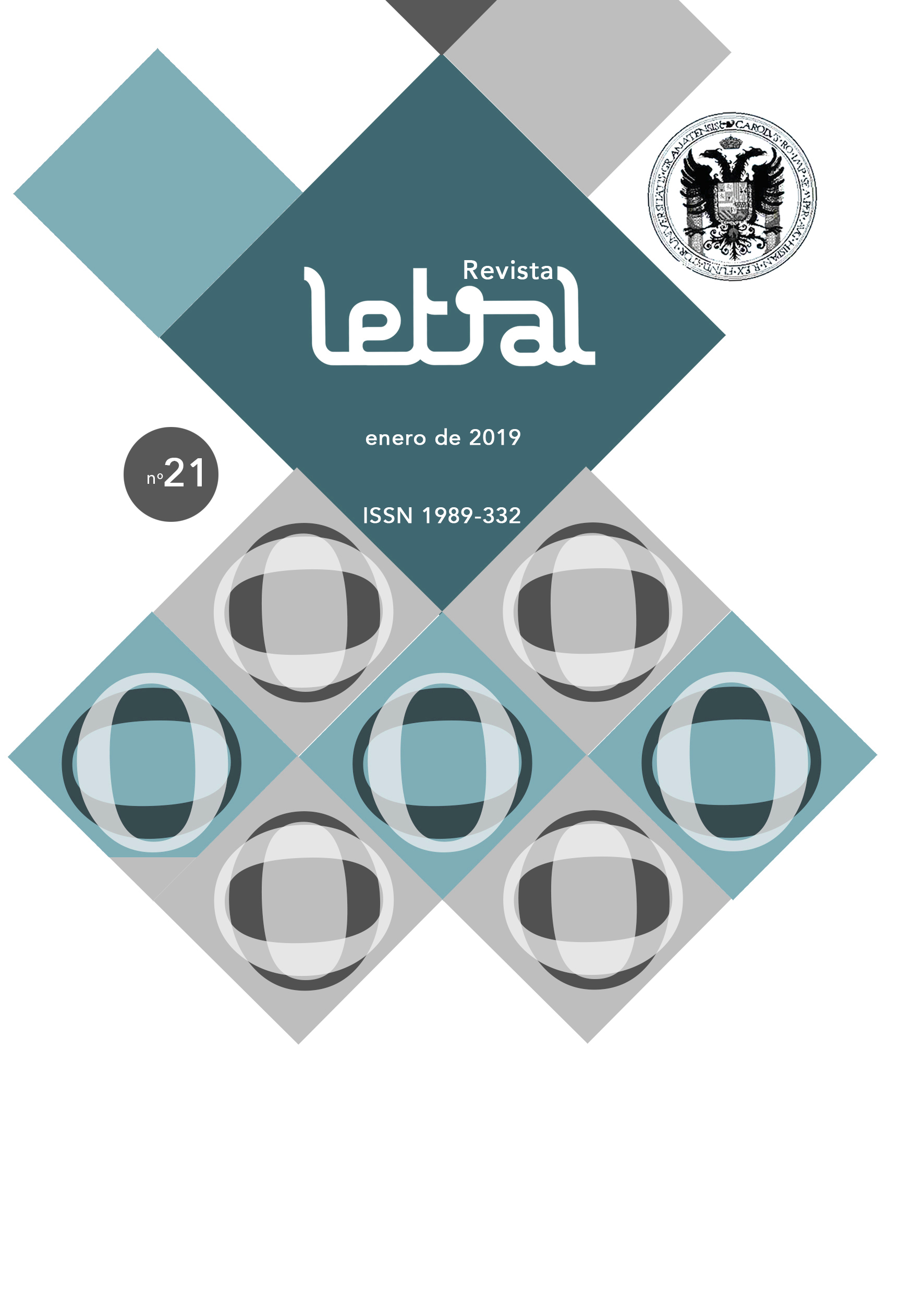The Transnational Novel in the XXI Century: Interrogating Hybridity/Hibridez Theory
DOI:
https://doi.org/10.30827/rl.v0i21.8103Keywords:
Transnational novel, hybridity theory, postcolonial theory, globalization, Daniel Alarcón, Salman Rushdie.Abstract
This article examines some of the novels written by Daniel Alarcón, Santiago Roncagliolo, Eduardo González Viaña and Carmen Aguirre in light of “hybridity/hibridez theory” as both posited by Néstor García Canclini and Homi Bhabha. The article shows that García Canclini’s celebratory theory of “hibridez” is not compatible with Homi Bhabha’s theory of hybridity which Bhabha regards as a disavowal and always a loss. The novels under consideration, due to the strong deterritorialization thematized, belong more clearly with Homi Bhabha’s sense of the hybrid than with Canclini’s assertations of creativity and combinatory arts.
Downloads
References
Aguirre, Carmen. Something Fierce: Memoirs of a Revolutionary Daughter. Toronto, Vintage Canadá, 2011.
Alarcón, Daniel. Lost City Radio. New York, Harper. Perennial, 2007.
Alarcón, Daniel. War by Candlelight. New York, Harper. Perennial, 2005.
Bhabha, Homi K. The Location of Culture. London and New York, Routledge, 1994.
García Canclini, Néstor. Culturas híbridas. Estrategias para entrar y salir de la Modernidad. México, Grijalbo, 1989.
González Viaña, Eduardo. American Dreams. Houston, Texas, Arte Publico, 2005.
González Viaña, Eduardo. Dante’s Ballad. Houston, Texas, Arte Publico, 2007.
McLeod, John. Beginning Postcolonialism. Manchester, Manchester University Press, 2000.
Roncagliolo, Santiago. Red April. Translated by Edith Grossman. New York, Vintage International, 2009.
Downloads
Published
How to Cite
Issue
Section
License
Revista Letral is an open access journal under a Creative Commons Atribución-NoComercial 4.0 license.
The works published in this journal may be reused, distributed and publicly presented for non-commercial purposes, provided that: cite the authorship and the original source of the publication (journal, publisher and URL of the work).
We strongly recommended you to share our published articles in social and scientific networks, institutional and public repositories, personal or institutional websites, blogs, Google Scholar, ORCID, ResearchID, ScopusID, etc.
The journal allow the author(s) to hold the copyright and to retain publishing rights without restrictions.
We are completely free, both for readers and authors.














